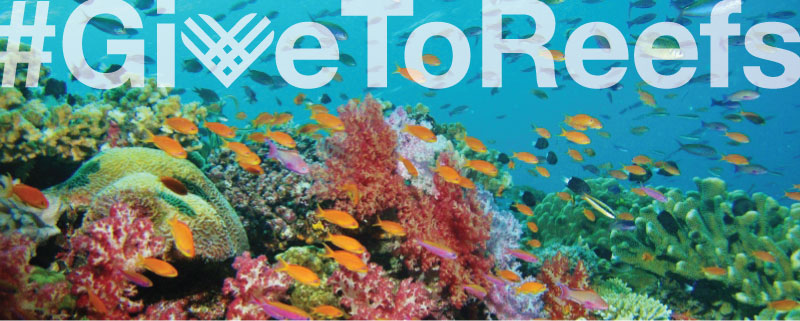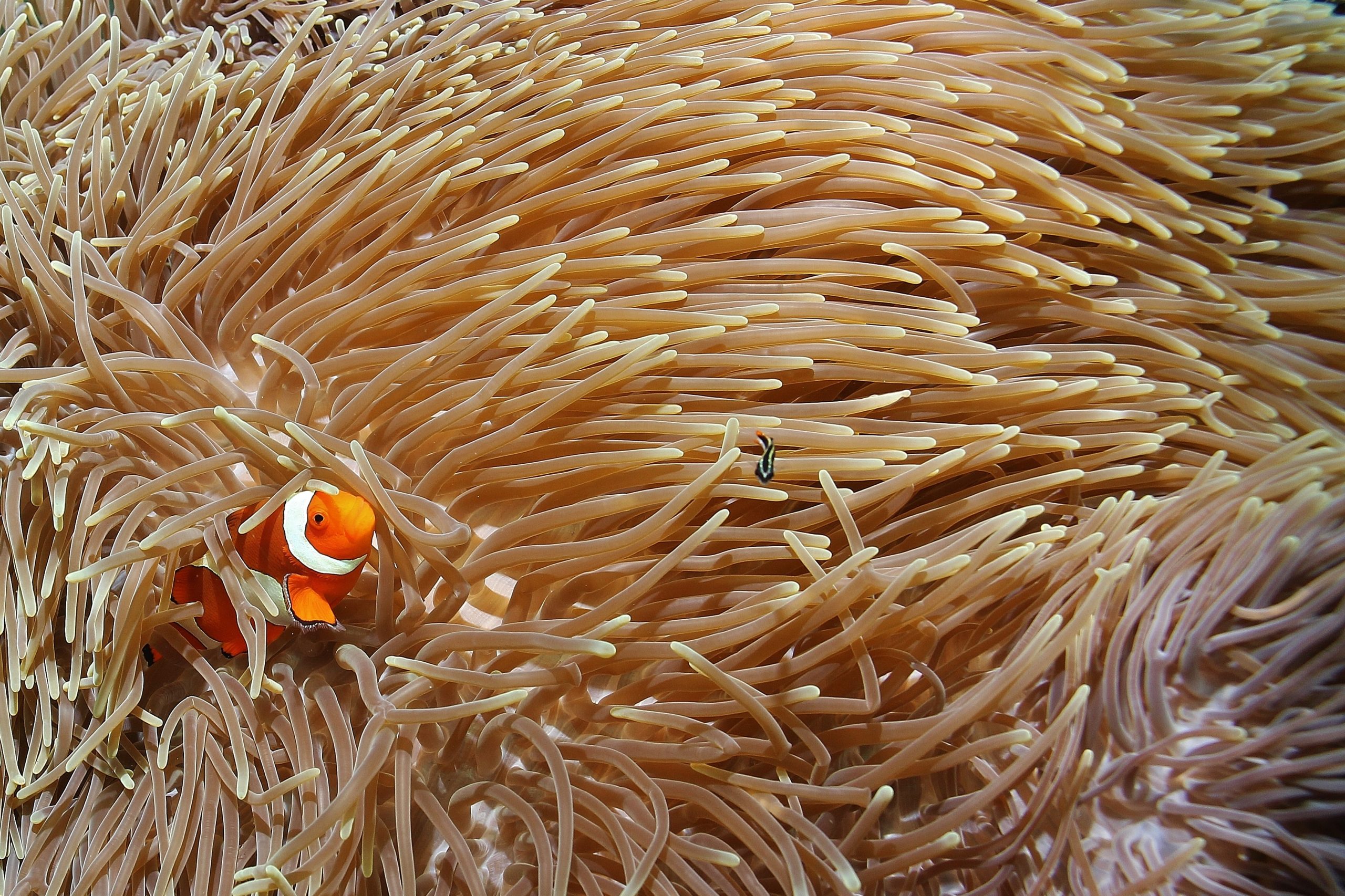Day 3 of our underwater journey continues with soft corals and their importance as a source of many medicines.
Coral reefs are often referred to as the medicine chests of the sea. A number of creatures found on reefs produce chemical compounds that have been isolated to treat human diseases—and researchers believe that many more are yet to be discovered. Soft corals, in particular, have been found to possess compounds that could be used to treat various types of cancers. Take sea fingers and sea whips, for example, corals that are soft and bendable and often resemble plants or trees. These corals do not have stony skeletons, but instead, grow wood-like cores for support and fleshy rinds for protection. Namena Marine Reserve in Fiji is an excellent location to see gorgeous soft corals and one such place where protecting coral reefs is vitally important.
A study published in 2013 in the journal Marine Drugs titled, Secosteroids and Norcembranoids from the Soft Coral Sinularia nanolobata, details how two steroid compounds found in soft corals might be used to treat diseases. Researchers isolated these steroids from soft corals and performed various experiments on human cytomegalovirus, mouse lymphocytic leukemia, human colon adenocarcinoma and human lung carcinoma. Their successful experiments have paved the way for continued experimentation on how soft corals can be used to life saving drugs.
Be sure to check back tomorrow to continue your underwater journey and, on November 29th, celebrate #GivingTuesday with us and #GiveToReefs.


